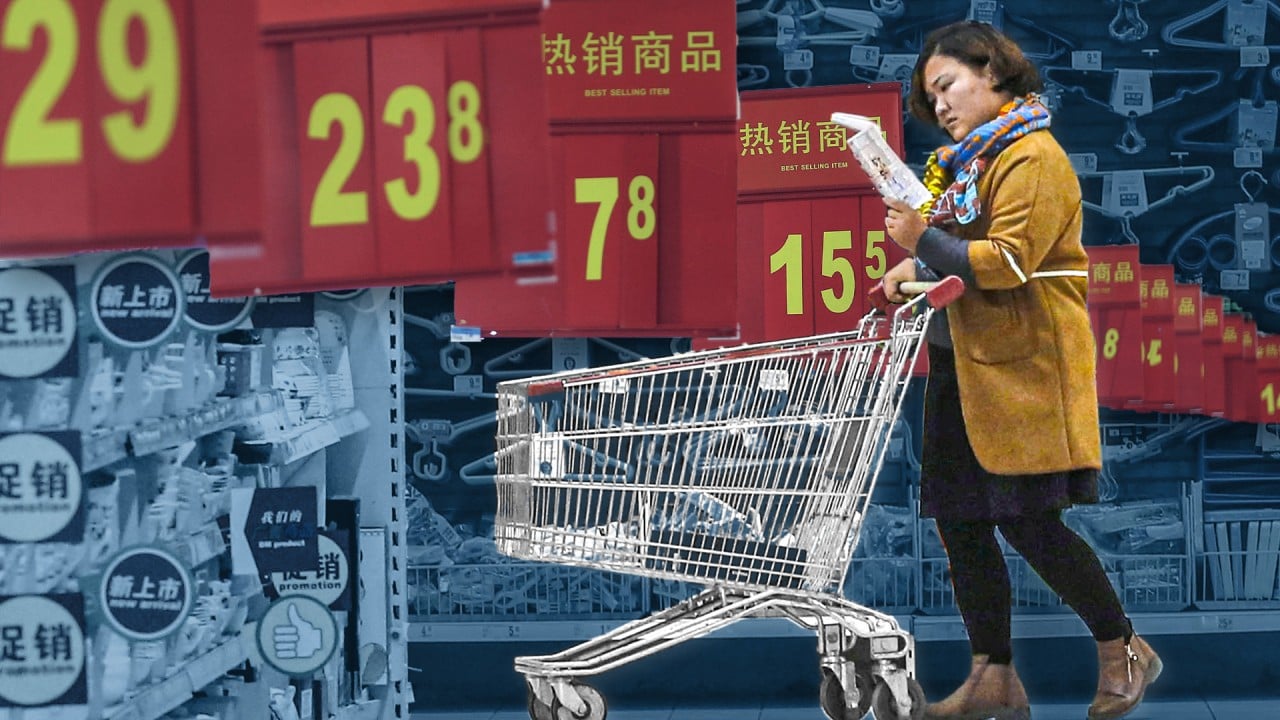As China’s consumption picture changes, think tank argues, so must its policies
- With the consumer landscape in China undergoing major shifts, a think tank has said, policies to stimulate spending should evolve in turn

China’s policymakers must assess and accommodate a dramatic shift in consumption patterns to effectively incentivise spending – a task that becomes more crucial as pressures to stimulate economic activity grow – a Beijing-based think tank has said.
“The government’s approaches to boost consumption have failed to accurately capture the shifts in consumer behaviour observed in certain sectors,” said public policy consultancy Anbound in a report published Sunday. Chinese consumers, the report said, are more inclined to make spending decisions based on factors like quality, self-development and pleasure as budgets become more “subdued”.
The comments came as China’s consumption continues to weaken despite a raft of policies designed to buoy spending. Consumers, haunted by cloudy economic prospects and reduced incomes, have grown increasingly cautious about parting with their hard-earned money.
The Anbound report pointed out that measures to promote consumption continued to focus on the supply side, primarily targeting “collective consumption” – goods and services directly provided by the state or otherwise dependent on regulatory intervention – including real estate, automobiles and service industries aided by subsidy.
“From China’s current mainstream macroeconomic perspective, the logic of consumption still starts from the supply side,” Anbound said. “Within this policy framework there are many tools available, such as industrial funds and subsidies.”

